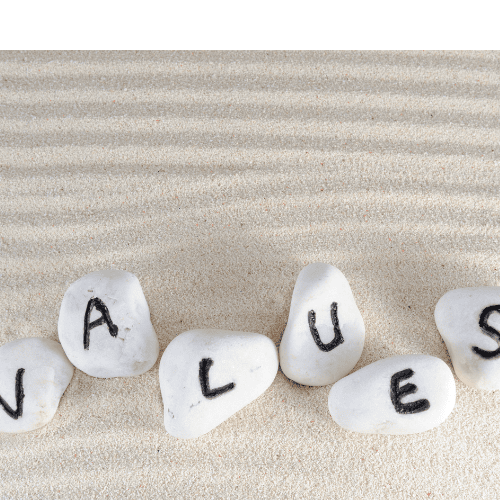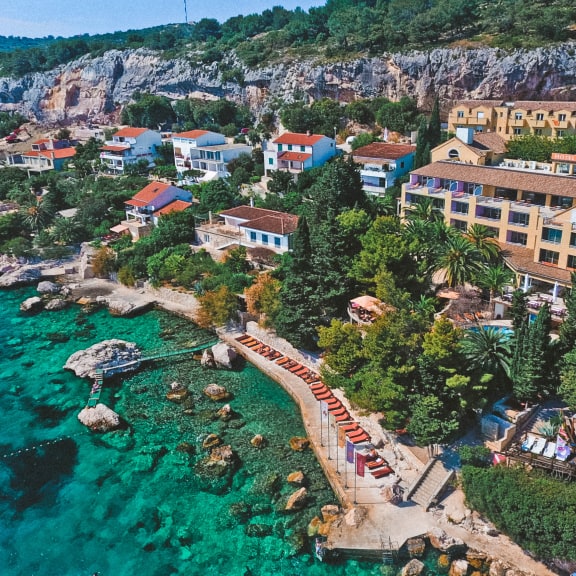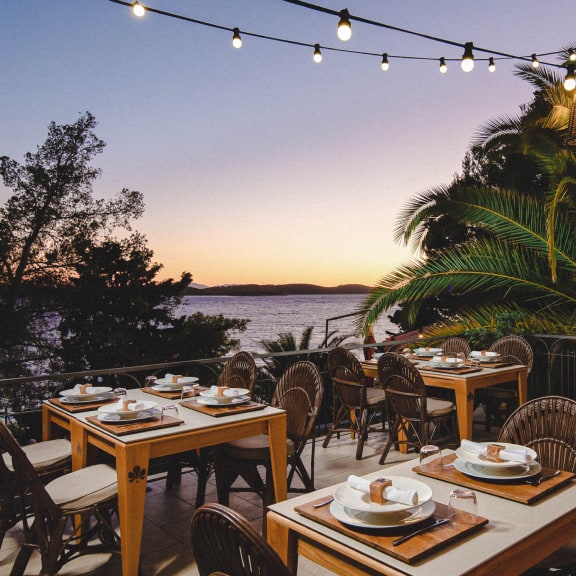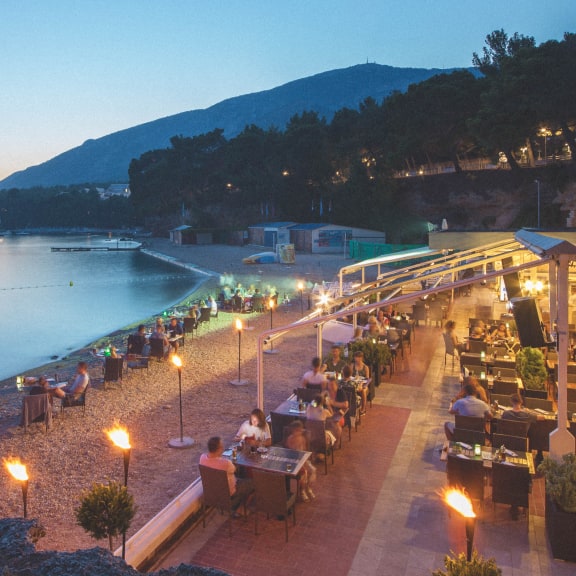Why does decision-making matter so much?
When it comes to deciding how happy we are with who we are, it is often the quality of our personal decision-making that distinguishes those of us who are content with who we are from those of us who are discontent. So, personal decision making can for many be freighted with a special significance because what hangs on the decision and how it is made can be nothing more or less than our personal happiness.
Learning from Harry Potter
Let’s turn for confirmation to that great modern philosopher, Professor Albus Dumbledore. In The Philosopher’s Stone, J. K. Rowling has him suggest, in conversation with Harry Potter, that it is by our actions and not our intentions that others judge us – for as Dumbledore points out, we all have good intentions. This goes to the heart of what decision making is about: what we do is a function of what we decide, and for most of us in our everyday lives, the actions by which we are judged, by friends and relations, brothers and sisters, lovers and those we spurn, are those that arise from decisions we make.
How do we make decisions?
H. Auden said: “Nobody can honestly think of himself as a strong character because, however successful he may be in overcoming them, he is necessarily aware of the doubts and temptations that accompany every important choice.” Temptation will always present a perverse alternative. Doubt can hinder the hardiest mind. So, those things which we choose to weigh in the balance before we decide, offer real insight into our character. Do we think selfishly or selflessly? Do we think of the short term or the long term? Do we make contingent decisions which reflect only the situation in which we believe we find ourselves, or do we make decisions which are congruent with our inner world of beliefs, faith, values or whatever is at our core? Do we, however much we intend to do otherwise, weigh the wrong things in the balance, or evaluate the right things poorly – and do we as a result make poor decisions or decisions which to others appear illogical or unsupportable? Do our decisions lead to actions and outcomes of which we are less than proud? Do we sometimes look back, reflect, regret, and wish we could be judged on our intentions and not on our actions? Yet as Dumbledore also said, in that same book, “It does not do to dwell on dreams and forget to live.” Whatever decisions we make, whatever the consequences, we cannot forget to live. But how much better would it be to live with pride in our own actions, knowing that the decisions we make were good decisions? Which of course teases out the big question: what is good? And here is where I come off the fence and offer a simple definition: good decisions are principled decisions.
Principles are slippery fish
Of course, it is hard to make principled decisions until we have some sense of what we mean by principles, so maybe I am not so far off that fence quite yet. But in my defence, over my twenty-five years of working in life coaching, I have uncovered a lexicon of words which are commonly used but are perhaps not well defined or understood. I’d include the word principles in this category, along with other high concept words like values or ethics.
Stephen Covey’s Principle-Centered Leadership promoted the practice of principled leadership based on a set of “true north” principles or natural laws. He was talking primarily to the word of business, but what he lays out has great value in the world at large as well.
Covey defined principles as the self-evident, self-validating natural laws which govern human relationships (for example, every man is born free, suppression by force is wrong, justice is for all, honesty is a minimum requirement). There are concepts around human interaction which, when we examine them, are clearly self-evident (when we think of them, we find them to be right) and self-validating (when we follow them, they prove their worth). If we can capture such concepts, they become objective, external assertions, representing natural laws that were and are always there. They are always reliable, like the “true north” on a compass. They are our principles.
Covey says that real leadership begins with the humble recognition that principles, rather than people, ultimately govern. It is not hard to see that violation of principles such as every man is born free or, thinking of Ukraine, suppression by force is wrong or, as the Partygate scandal rumbles on, honesty is a minimum requirement is at the heart of societal decline or inhibits societal growth. But in our imperfect and ambiguous world, it is hard to talk about universal principles and natural laws that are absolute, impersonal, universally acceptable, objective, and self-evident. This is because people are inclined to ask questions like who chose these guiding principles, when were they identified, who has the right to say they are self-evident and self-validating and particularly who has the right to say they are objective and absolute?
So, could principles alternatively be described as values which are so obviously good and right that they are (and this is a clumsy term) super-values? The issue this raises is that the unavoidable truth about values, is that they are strongly held subjective beliefs. This means that super-values must be open to the same criticism: they cannot be objective or absolute, cannot offer that true north reliability for which decision-making cries out.
Let’s go shopping!
But just before we give up on the usefulness of principles as a concept in decision-making, consider this: imagine you go into an antiques shop and as you browse, you find two things that really appeal to you. One is an illuminated map of Europe in 1714, complete with beautiful calligraphy and a carved oak frame. Your next discovery is a beautiful brass ship’s compass, in full working order, in a wooden satin lined box. You negotiate with the owner, and he sells you both the map and the compass.
Here’s the question: are either of these beautiful objects of any use to you in our contemporary world in a practical sense that reflects their original purpose? Clearly the map is not – being able to read the map is not an issue: the map is simply inaccurate and out of date. However, the compass is still of practical use…because north is still where it was in 1714. For me, this is the difference between principles and values: values change while principles do not. Think back to the society that existed in 1714 and think of what their values were around issues like slavery, divorce, abortion, women’s’ rights, the sanctity of national borders, universal suffrage: very different to today’s values. So, values are subject to societal change, and reflect where we want our society to be today. I want us to use the concept of principles to describe something deeper: those things which we will always want as part of how we live our lives and how others behave towards us. If we can hold this difference to be useful, then the self-evident and self-validating principled compass may be a better guide to us than the changeable map of values.
What just happened?
So, does this take us any further forward? If we can agree – within our society, or our nation, or our family – that there are self-evident, self-validating natural laws which govern our human relationships, and we can agree what they are, and can agree to be bound by them, then yes, we have progressed: we have principles to guide our decision-making which we see as objective and absolute. But if we decide that objectivity is impossible, and the subjectivity of values choices is the best to which we can aspire, then if we agree these values and agree to be bound by them, even in the face of the conflicting values of others, we still have a better guide to our decision-making.
If we have done no more than thought more deeply yet reached no conclusion, then even that is better than giving no thought at all to how we make decisions.
British Values
It’s interesting to note that the UK, along with other countries, has recently tried to capture what it means to be British or to live happily in Britain, by publishing the five British values which it is felt encapsulate what it is to “be British”. These are: respect for democracy; respect for the rule of law; individual liberty; respect and tolerance for different faiths and beliefs; respect and tolerance for those who do not have a faith.
If nothing else, these initiatives at national level help to fuel the debate because, of course, if I embrace these British Values then they will inform, among much else, my decision-making and I will not make decisions about myself or about other people which infringe these values. Think how much better I might feel about myself if all my decisions respected all those five values.
Roger Delves MA (Hons) Oxon, FRSA
Professor of Practice in Leadership












